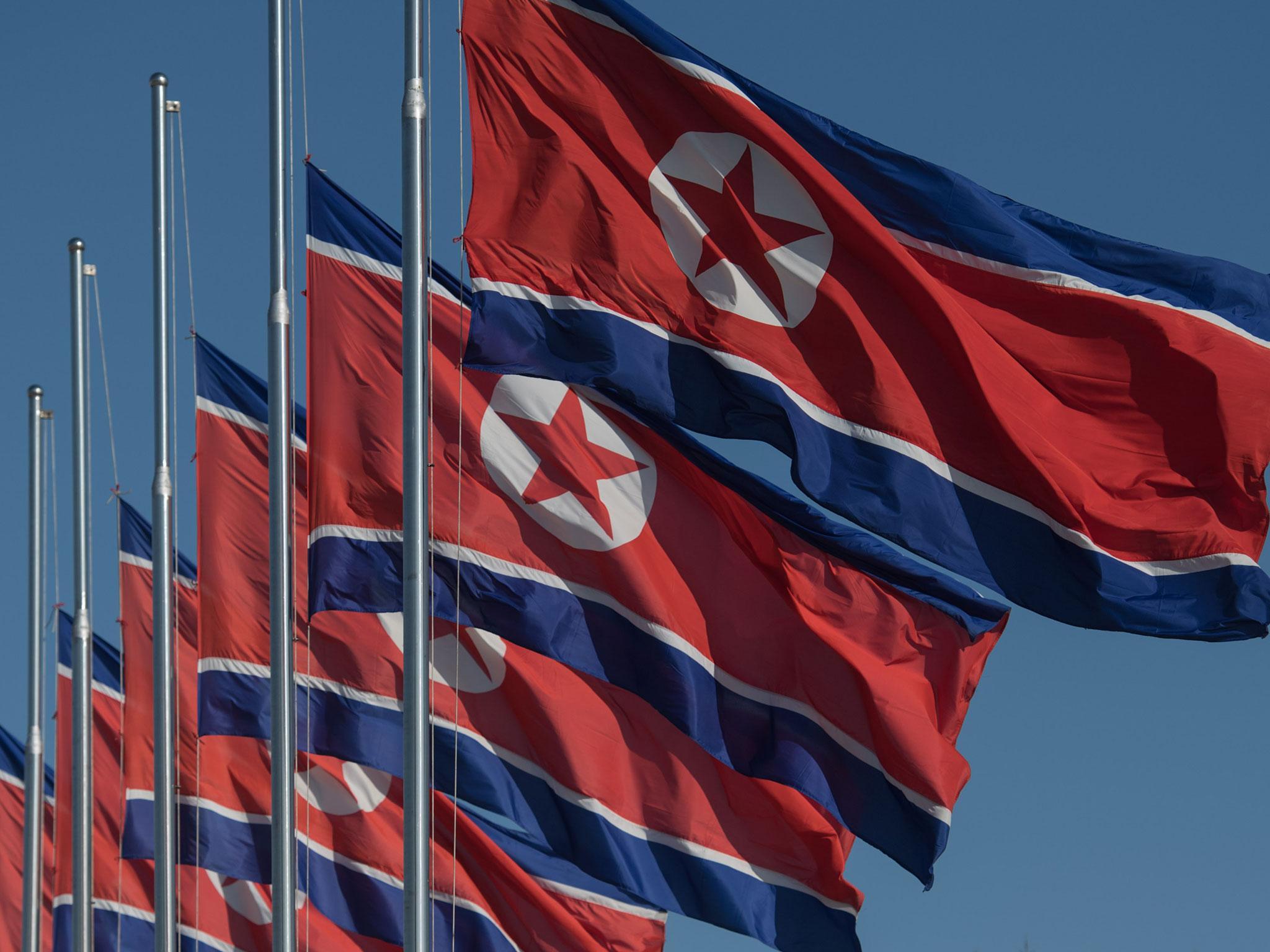North Korea announces three-day mourning period for 'comrade' Fidel Castro
Castro awarded title of ‘DPRK [North Korea] Hero’ for efforts strengthening relations between the two countries

Your support helps us to tell the story
From reproductive rights to climate change to Big Tech, The Independent is on the ground when the story is developing. Whether it's investigating the financials of Elon Musk's pro-Trump PAC or producing our latest documentary, 'The A Word', which shines a light on the American women fighting for reproductive rights, we know how important it is to parse out the facts from the messaging.
At such a critical moment in US history, we need reporters on the ground. Your donation allows us to keep sending journalists to speak to both sides of the story.
The Independent is trusted by Americans across the entire political spectrum. And unlike many other quality news outlets, we choose not to lock Americans out of our reporting and analysis with paywalls. We believe quality journalism should be available to everyone, paid for by those who can afford it.
Your support makes all the difference.North Korea is observing a three-day mourning period for late Cuban leader Fidel Castro, who was seen by the North as a comrade-in-arms against the United States.
The North ordered flags outside official buildings to be flown at half-mast as a mark of respect for Mr Castro, who died on Friday at the age of 90.
In the Pyongyang subway, commuters in one station crowded around a glass case containing a obituary to Mr Castro published by the ruling party newspaper, Rodong Sinmun.
Alongside a picture framed with a black border and showing a head-and-shoulder shot of a bearded Mr Castro in full military dress, the obit recalled his visit to North Korea in 1986 when he met founder-leader Kim Il-sung.
It noted the Cuban leader was awarded the title of “DPRK [North Korea] Hero” for his efforts to strengthen relations between two countries “fighting in the outposts of the anti-US, anti-imperialist struggle”.
Kim Jong-un sent a wreath to the Cuban Embassy, calling Mr Castro a “close friend and comrade” of the Korean people.
An official delegation led by senior aide and vice chairman of the ruling Workers’ Party Central Committee, Choe Ryong-hae, left for Havana on Monday to attend memorial events.
According to a Japanese agency which monitors North Korean media, Mr Castro is the first foreign political figure to be honoured in such a manner since Palestinian leader Yasser Arafat, who died in 2004.
Besides flying flags at half-mast, it was not immediately clear what the mourning period, which ends on Wednesday, would entail.
Shortly after receiving news of Mr Castro’s death, Kim Yong-nam, head of the North’s parliament, and Premier Pak Pong-ju sent a message of condolence to Mr Castro’s brother Raul, who assumed power after Fidel became too weak to continue as leader in 2008.
In it, they said that although Mr Castro has died, “the feats he performed for the Cuban revolution and the fraternal relations of friendship between the two countries would remain forever”.
Because of their common hostility toward the US and similar authoritarian power structures, Cuba and North Korea had maintained very close diplomatic ties throughout the years.
The two countries established ties in 1960 and Mr Castro visited the North in 1986 to meet with Kim Il-sung, the country’s founder and Kim Jong-un’s grandfather.
Cuba became one of the few countries willing to flout international sanctions imposed on the North over its nuclear weapons programme.
In 2013, Panama seized a North Korean ship carrying an undeclared Cuban arms shipment of Soviet-era weapons and fighter jets hidden under sacks of sugar.
North Korea insisted the weapons were being shipped for repair, prior to their return.
Such fraternal sentiment toward Havana and Raul Castro, however, appears to have dimmed in Pyongyang amid a thawing of relations between Cuba and the US, who agreed to normalise ties in 2014.
Additional reporting by agencies
Join our commenting forum
Join thought-provoking conversations, follow other Independent readers and see their replies
Comments